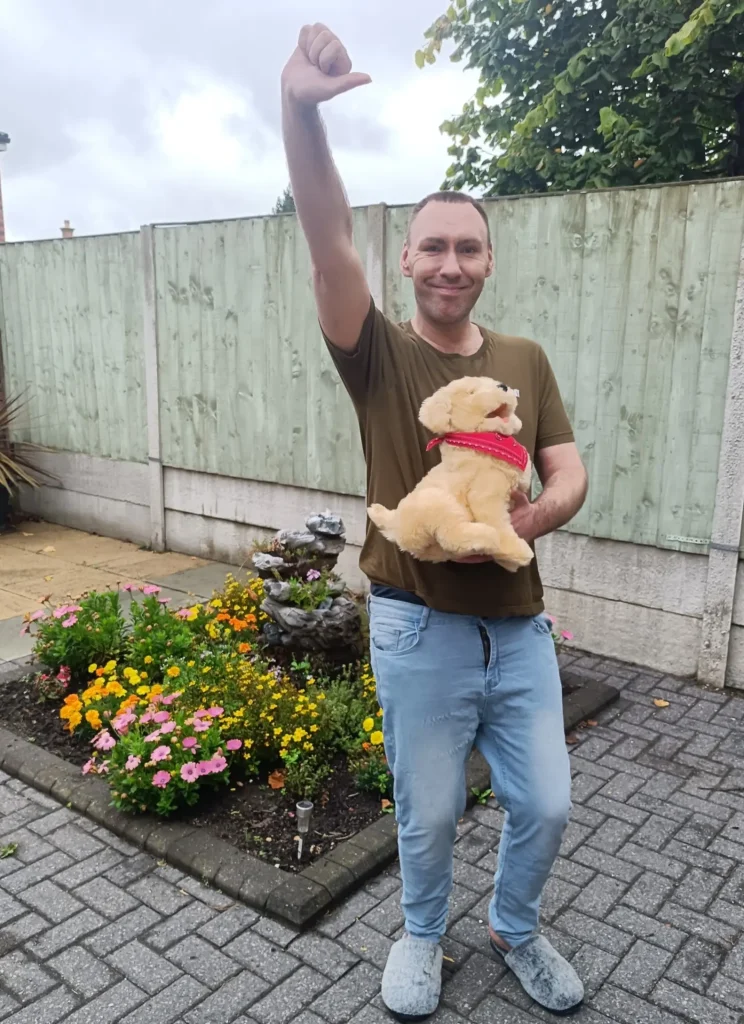Providing specialist services in Rochdale

We are a leading health and social care charity delivering high quality supported living services to people with autism and learning disabilities in Rochdale.
We are experienced in delivering a range of other specialist services and are well placed to support Rochdale Metropolitan Borough Council to achieve its commissioning objectives by setting up new complex needs provision in the borough.
Our impact: supporting people with neurodivergent conditions
Our impact: supporting people with complex needs
Take a look inside our enhanced supported living service, Huntley Street
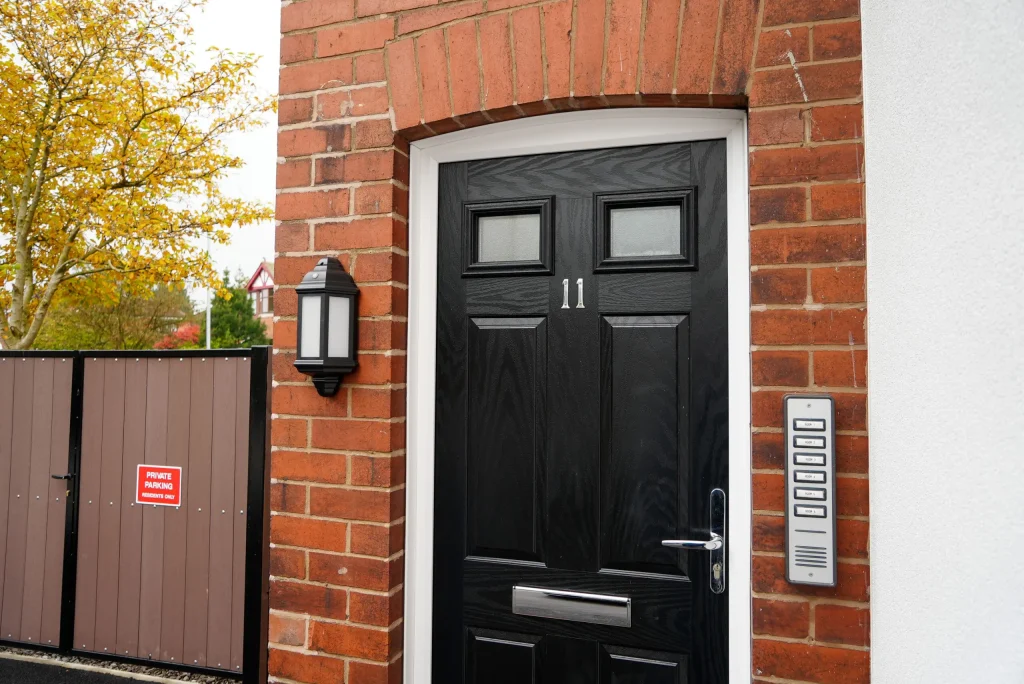
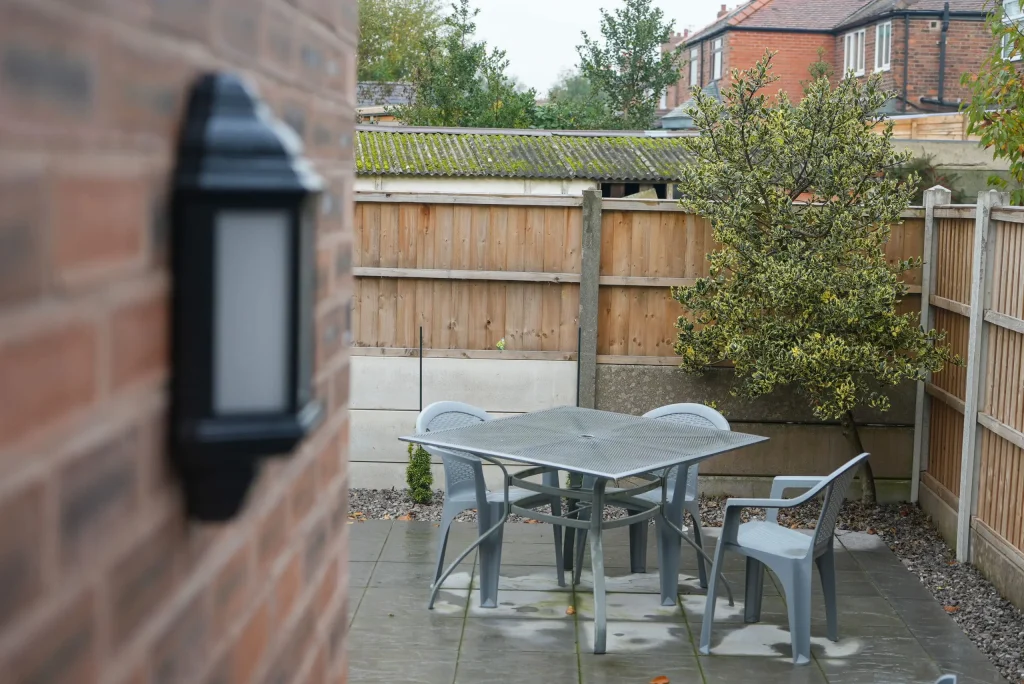
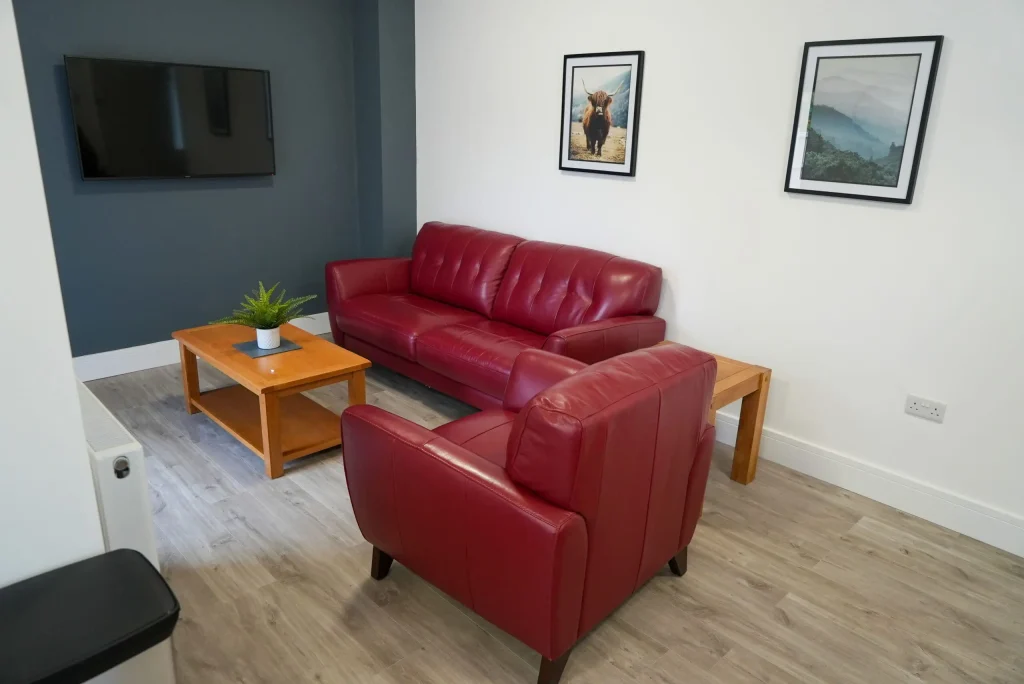
Our enhanced supported living service at Huntley Street provides short-term support for individuals who are eligible under the Care Act and considered hard to house.
The individuals must have a mental health diagnosis, and may have previously been supported by probation services, drug and alcohol services or homelessness services. Within the Warrington community we provide wrap-around, bespoke support and empower individuals to access a range of opportunities, with the aim to move into their own home living independently in the community.
Take a look inside our adult care home, Naylorsfield and Hartsbourne
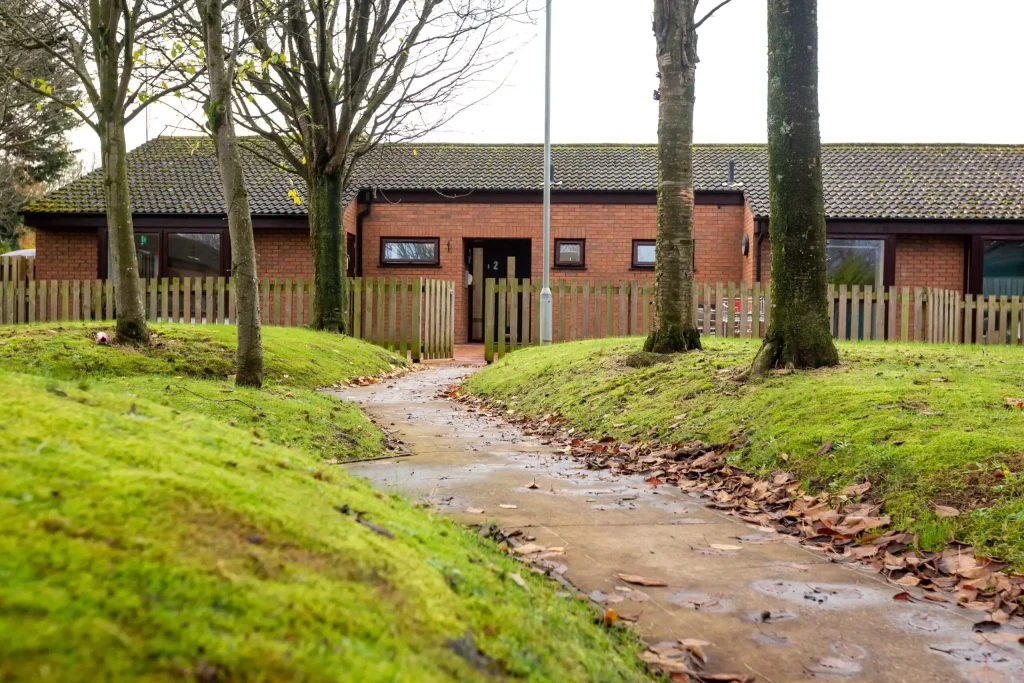
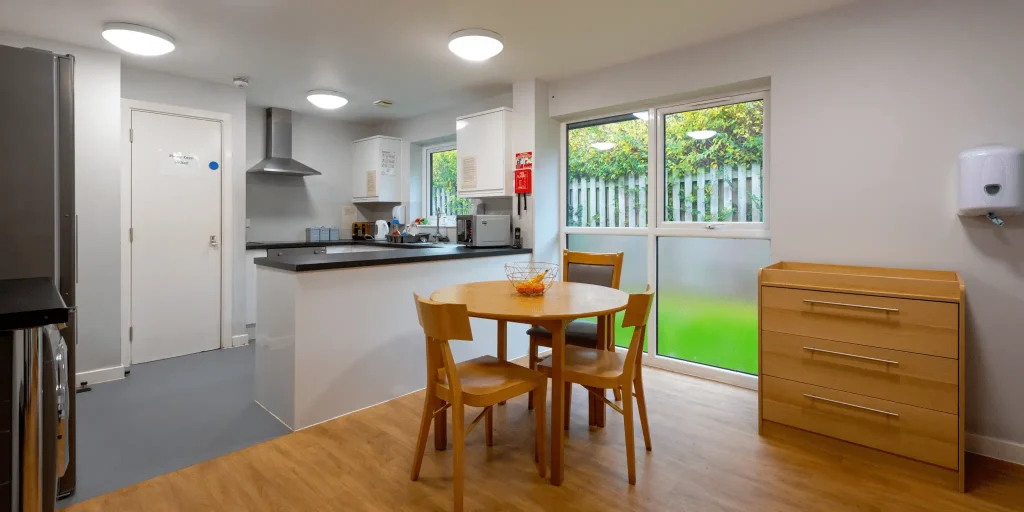

Naylorsfield and Hartsbourne is a highly specialist and innovative residential care service operated by Alternative Futures Group in partnership with Liverpool City Council.
It consists of two, four bedroom, level-access bungalows with wet rooms, offering eight placements for adult males with learning disabilities and/or autism who have found themselves (or are at risk of finding themselves) in conflict with the criminal justice system.
Meet Sarah
Sarah, 37 years old, is one of the people we support on behalf of St Helens Council.
Sarah has a diagnosis of cerebral palsy, learning disabilities and dysphagia.
Following a breakdown in relationships with previous support providers, Sarah’s team at AFG supported her to pass an assessment for an advanced communication tool, enabling her to build full sentences for the first time. The team support her to participate in a range of activities including hydrotherapy, boxing and discos.
Sarah’s mum Margaret talks about what this has meant for Sarah and their family.
Promoting independence with tech-enabled care
AFG formed a collaboration with PAMAN, a world leader in digital care services and remote patient medication management.
One of the people we support previously needed 24/7 access to a support worker to help him take his medication, due to his diagnoses of schizophrenia, autism and a history of stockpiling and overdosing on his medication.
We offered him this innovative technology, which means that his medication is in a lockable box which is timed to open when he is due to take it, and a qualified pharmacist calls to do a welfare check and watches through video link to ensure that he takes his medication correctly. As part of his ongoing development and because of the introduction of the PAMAN system, he is able to safely self-medicate without relying on support staff.

Learn how we can help you
Do you have a question about our Learning Disability or Mental Health Services?
Get in touch